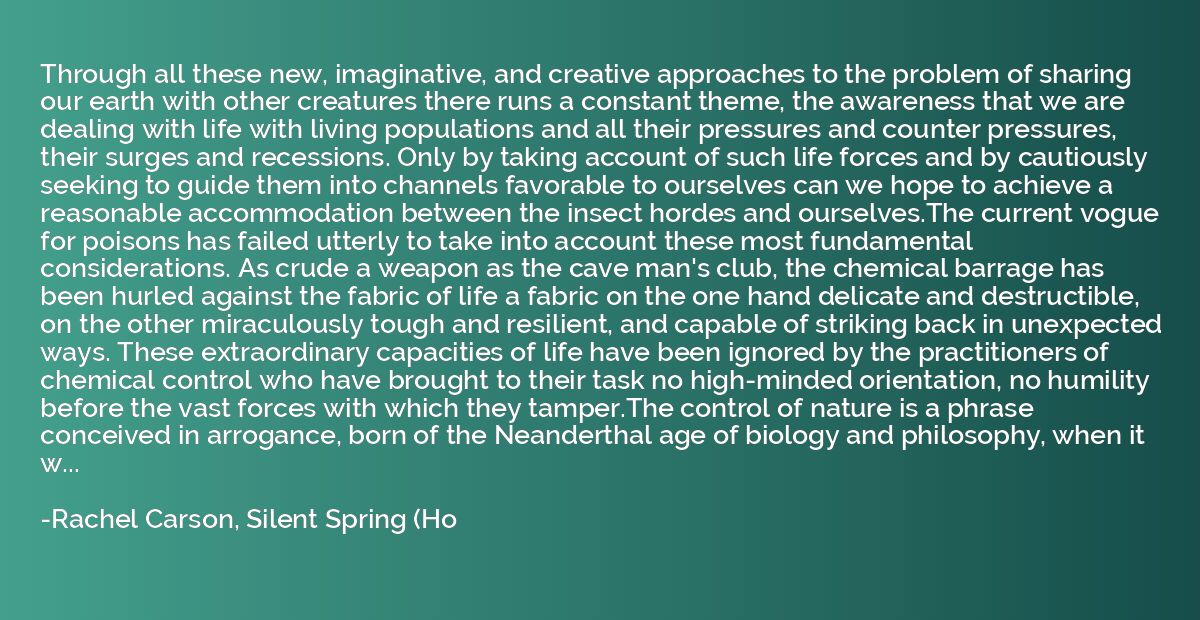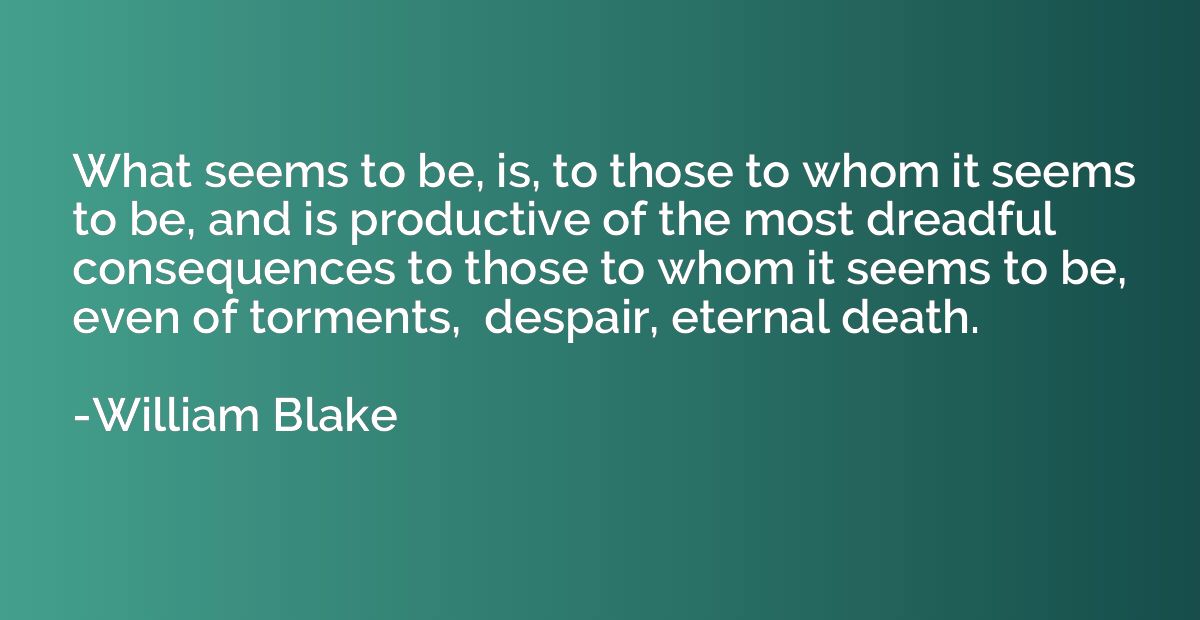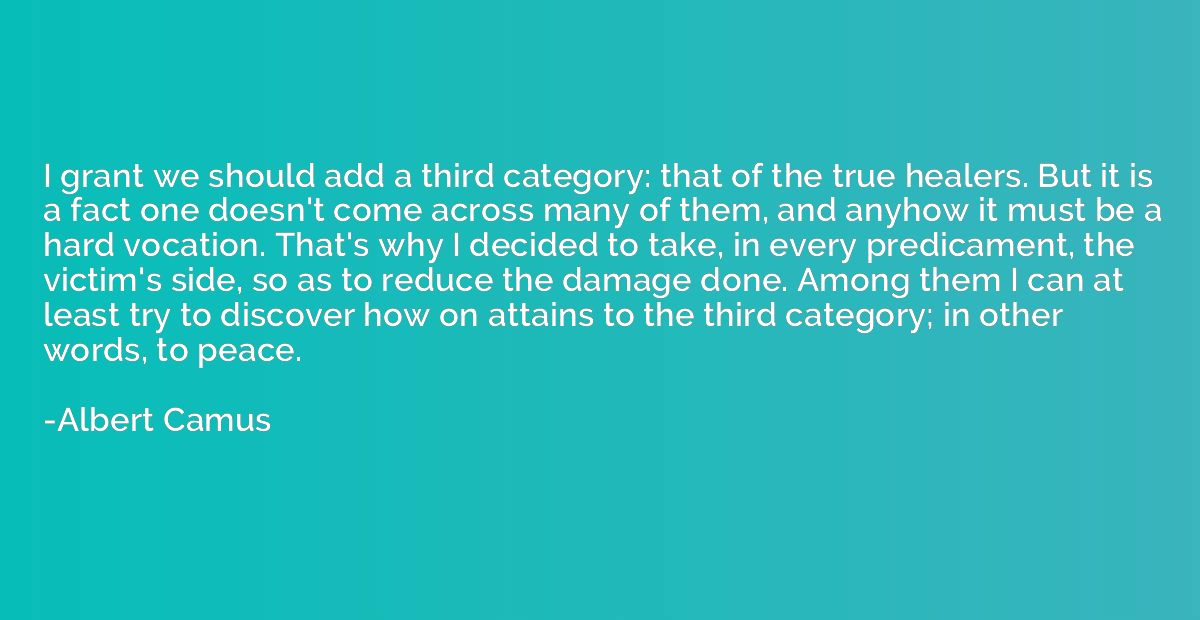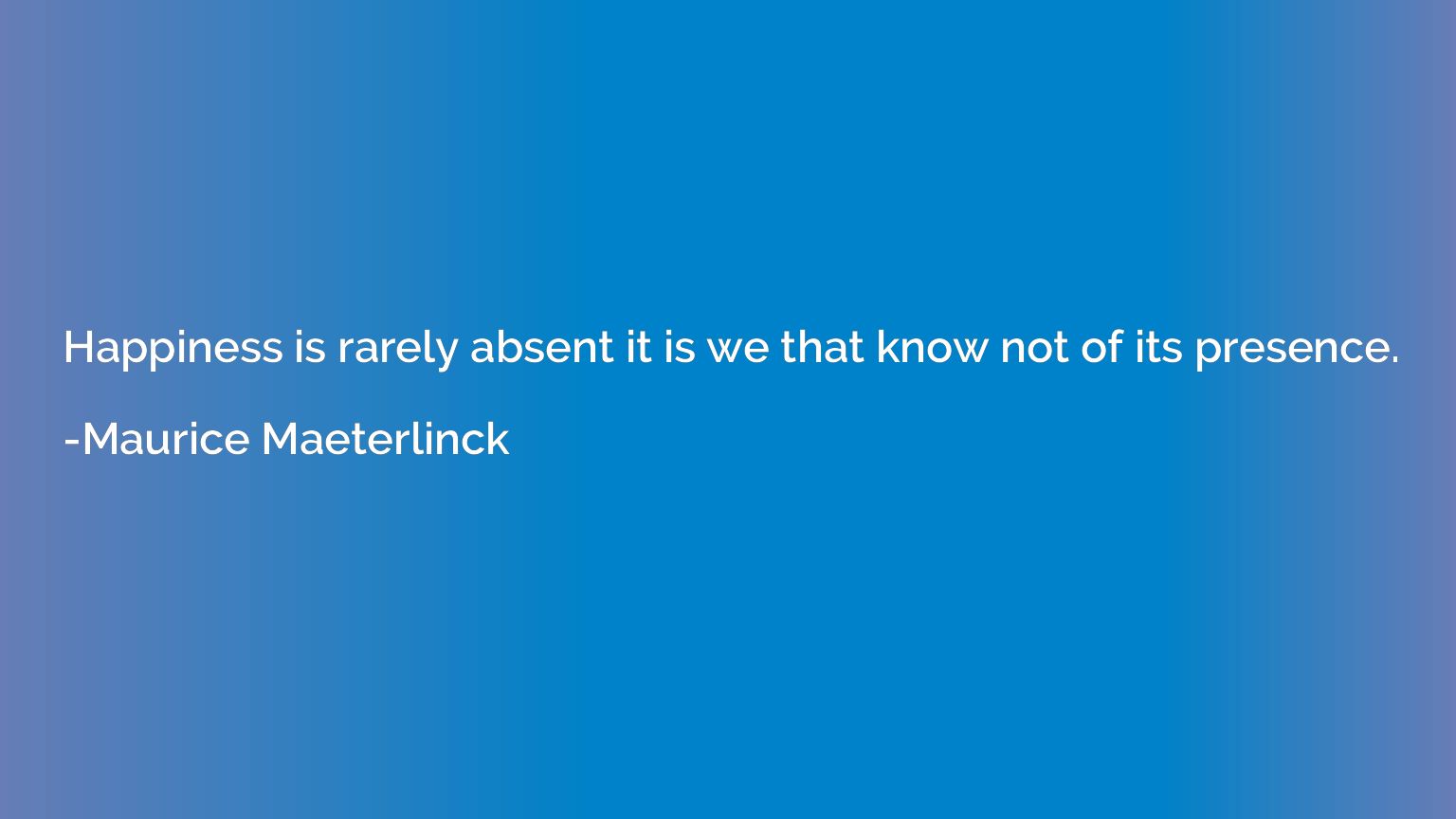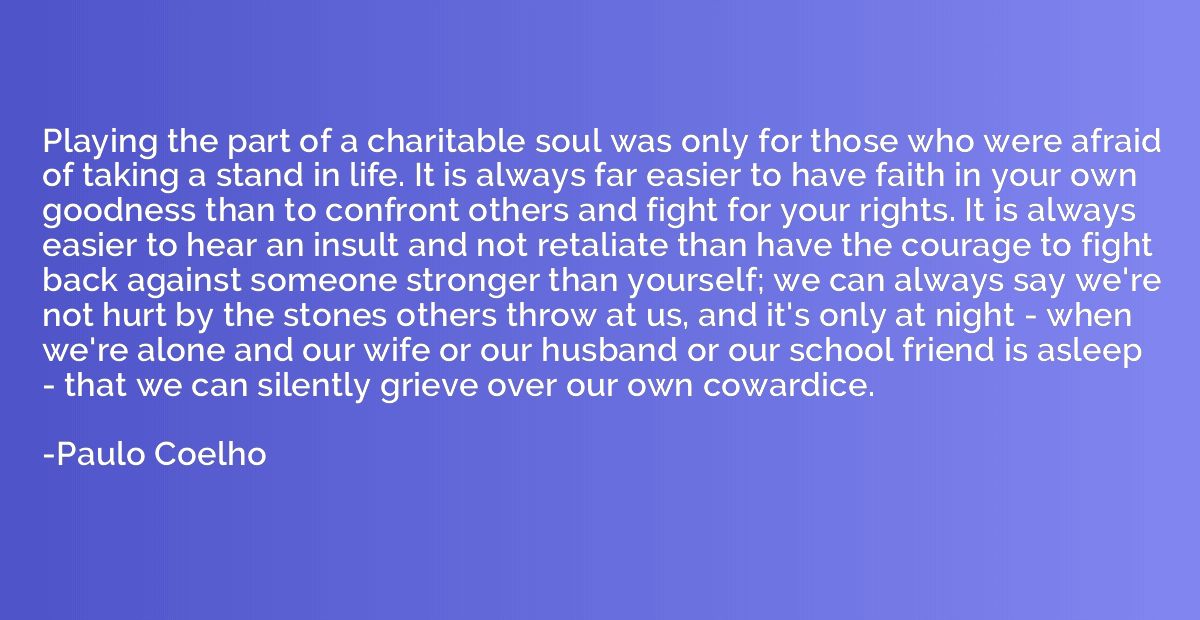Quote by Veit Etzold
Die Leidenschaften lassen den Menschen leben, die Weisheit aber, lässt ihn überleben.

Summary
In this quote, it is suggested that while passions bring vitality and excitement to human life, it is wisdom that ultimately ensures survival. Passionate emotions drive people to follow their desires and pursue their dreams, adding richness and intensity to their experiences. However, wisdom, gained through time and reflection, equips individuals with the knowledge and discernment needed to make wise decisions in order to overcome challenges and adapt to changing circumstances, ensuring their long-term survival and success. While passions give life meaning, wisdom provides the guidance and stability necessary for a balanced and sustainable future.
By Veit Etzold






